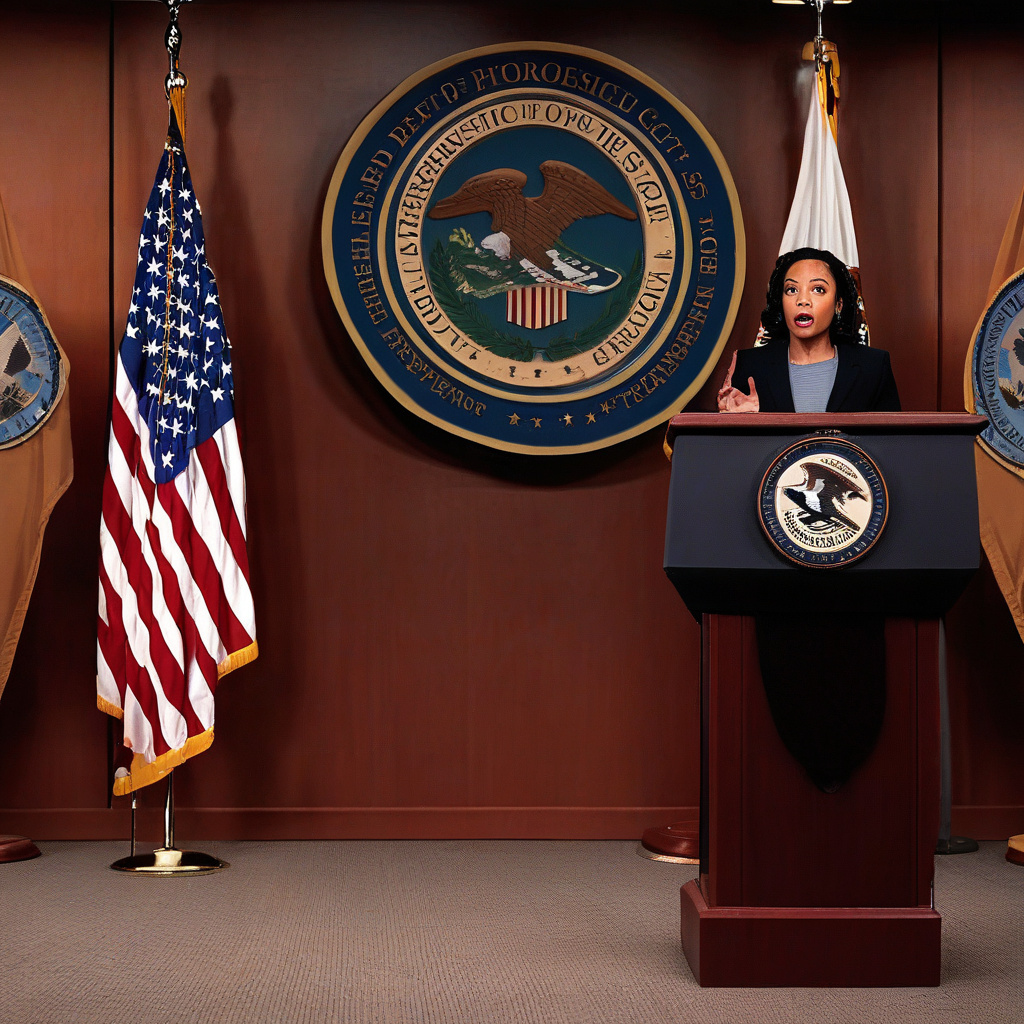DOJ Accuses Uber of Violating Disability Law
The Department of Justice (DOJ) has recently taken a firm stance against ride-hailing giant Uber, accusing the company of violating disability laws. Prosecutors have pointed out that Uber drivers are routinely refusing service to individuals with wheelchairs or service animals, a direct violation of the Americans with Disabilities Act (ADA).
The ADA, enacted in 1990, prohibits discrimination against individuals with disabilities in all areas of public life, including transportation. This means that companies like Uber are legally required to provide equal access to their services for all individuals, regardless of their physical abilities.
Despite these legal requirements, the DOJ’s investigation into Uber has revealed a troubling pattern of discrimination. Many individuals who rely on wheelchairs or service animals have reported being denied service by Uber drivers, citing various excuses ranging from a lack of space in their vehicle to an unwillingness to accommodate service animals.
This discriminatory behavior not only goes against the core principles of the ADA but also has a significant impact on the daily lives of individuals with disabilities. Transportation plays a crucial role in enabling individuals to work, socialize, and access essential services. When companies like Uber fail to provide equal access, they effectively limit the independence and freedom of those with disabilities.
In response to these allegations, Uber has stated that they are committed to ensuring that their services are accessible to everyone. The company has implemented various initiatives aimed at improving accessibility, such as providing wheelchair-accessible vehicles and training drivers on how to assist individuals with disabilities.
While these efforts are commendable, the DOJ’s accusations highlight the need for stricter enforcement of disability laws within the transportation industry. Companies like Uber must be held accountable for their actions and must take proactive measures to prevent discrimination against individuals with disabilities.
Beyond the legal implications, there is also a strong business case for companies to prioritize accessibility. By ensuring that their services are inclusive and welcoming to individuals with disabilities, companies like Uber can tap into a large and underserved market. According to the World Health Organization, approximately 15% of the global population lives with some form of disability, representing a significant consumer base with specific transportation needs.
In conclusion, the DOJ’s accusations against Uber serve as a stark reminder of the importance of upholding disability laws and promoting accessibility in all aspects of public life. Companies that fail to comply with these laws not only face legal consequences but also risk alienating a substantial portion of their customer base. It is essential for companies like Uber to prioritize accessibility, not only as a legal obligation but as a fundamental principle of inclusivity and respect for all individuals.
Uber must take swift and decisive action to address the issues raised by the DOJ and demonstrate a genuine commitment to providing equal access to all. Only then can they rebuild trust with the disability community and ensure that their services are truly accessible to everyone.
DOJ, Uber, Disability Law, Accessibility, Discrimination











